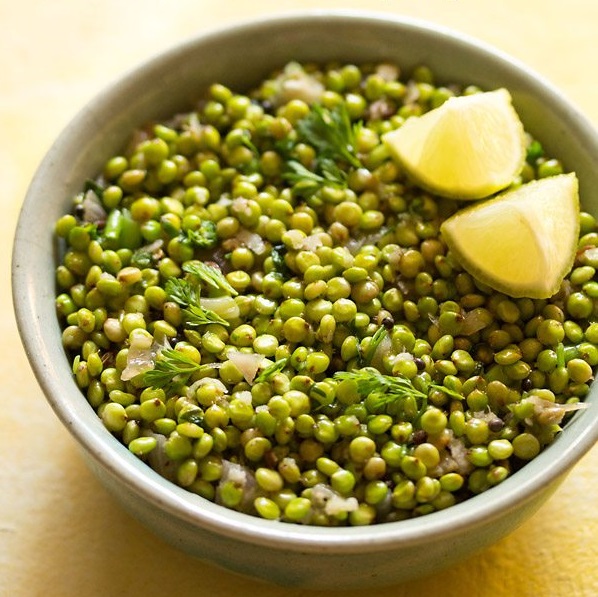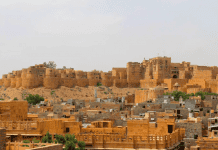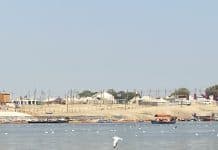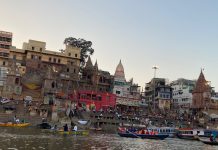Jowar or sorghum is a kind of white millet. It grows abundantly in Maharashtra and some parts of Gujarat and Karnataka. The tender jowar grains are harvested in the winters. They are then roasted and beaten to separate the chaff from the grains to get hurda or ponkh.
Hurda and ponkh – tender emerald-coloured grains of jowar
These young, fresh, sweet, tender emerald-coloured grains of jowar are called hurda in Marathi or ponkh in Gujarati. Hurda tastes great only when the grains are still juicy and tender in the months of December and January.
Hurda or ponkh is that special winter delicacy that everyone waits for. Most people eat it raw – which is always the best option. But hurda is equally delicious when it is hot and roasted or eaten with an assortment of chutneys ( a kind of sauce). People toast them lightly at home and savour it slowly for a couple of days if they are lucky enough to find it in the market. But one thing is clear. Everyone loves hurda – in any way that it is served!
Hurda tends to become sticky and spoils quickly if it is left outside. So it is best eaten when fresh. It does stay fresh for a few days if it is refrigerated immediately.
Hurda parties in Maharashtra
Hurda parties are usually day-long picnics for the entire family here. These parties are hosted in the farms itself. People are called in batches and are made to sit around a Bhatti (an oven created in the earth). Tender jowar stalks are harvested from the farm. These stalks are then roasted over the fire, threshed and dehusked.
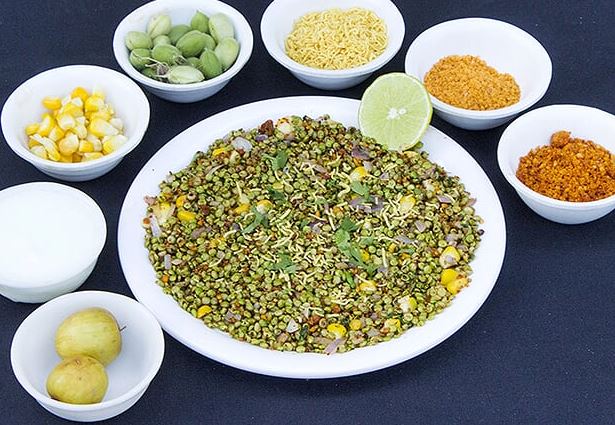
They are then served with an assortment of chutneys like shenga chutney (made with peanuts, garlic and chilli powder), tilachi (sesame) chutney and coprachi (coconut) chutney.
Tender brinjals, baby potatoes, and onions are also roasted in these ovens and served along with the hurda. Pure delight, this!
Most farms that organize such hurda parties allow their customers to eat as much of it as they want to and can. When served simply and piping hot like this, it is a filling meal by itself. Yet, people can feast on it in the open farms during the pleasant winter months.
Some farms offer late lunch too. They erect makeshift shacks along the sides of their farms. People can simply laze around or snooze for a while until they feel hungry again. They also have open play areas with a couple of swings, slides, etc. for the children to play around. Some farms even offer bullock cart rides and/or tractor rides. Some people visit other nearby areas of interest and return to the farm in time for lunch.
Lunch is cooked by the farmhands. Most ingredients are sourced from the farm itself. Several local delicacies are served much to the delight of all the customers.
Ponkh parties in Surat
In Surat, a ponkh party means watching the farmhands thresh the jowar stalks rhythmically to the sound of loud folk music, which plays all day long at these farms. The customers taste the ponkh and ensure it is tender enough before buying a small quantity.
They then sit comfortably in the shacks that are put up all around the farm. They spice up their ponkh with a dash of lime and limbu mari sev (thinly fried crispies made from chickpea flour) or garlic flavoured sev or palak (spinach) sev (which is available in the stalls around the farm) to make a bhel (a kind of snack). Every mouthful of ponkh promises to be delightfully different here.
They also feast on hot ponkh patties and/or ponkh na vada – which are really lip-smacking. Sometimes, we simply have to indulge our taste buds to experience heaven!
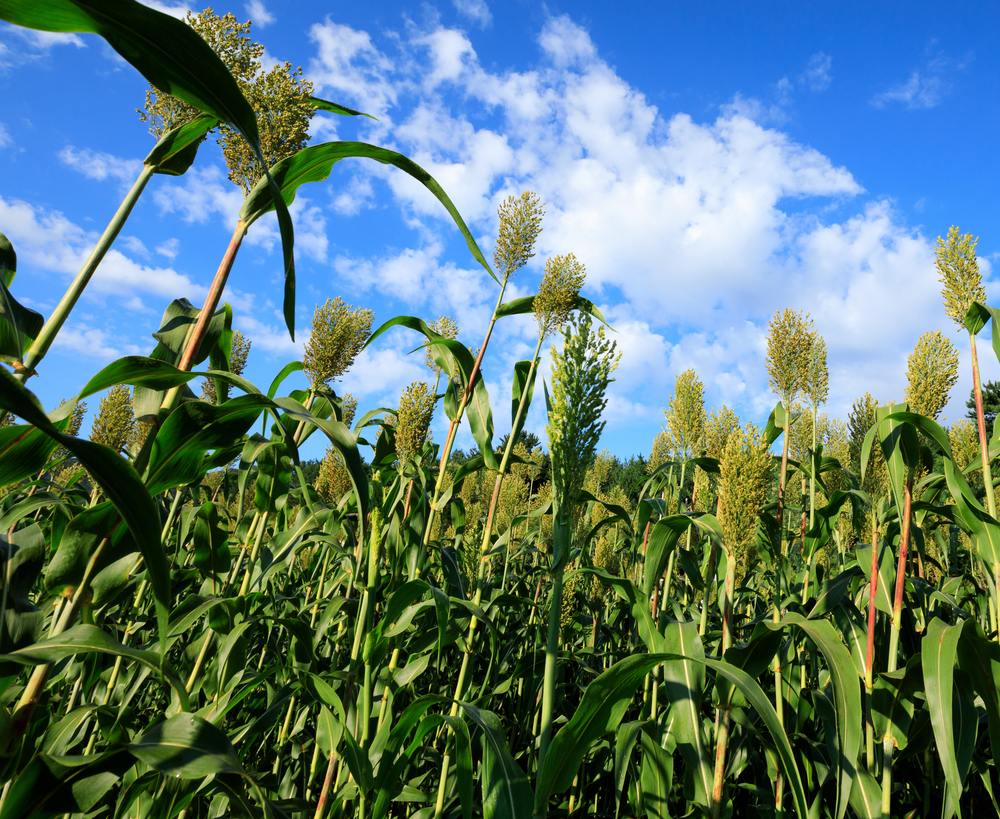
Earlier, only people living close to farms got to eat hurda. Nowadays, ponkh from Surat is available even in Mumbai during the winter months. I have been fortunate enough to experience the joys of eating hurda and ponkh in three different places. My maternal grandfather was a farmer. We would make it a point to visit him in winter. He would lovingly bundle off all the children of the locality in his bullock cart and ask the farmhands to take care of us. We would play around the farm the whole day, eat hurda whenever hungry, and come home and sleep like logs with a huge smile on our tired faces!
Several decades later, I experienced the joys of eating hurda in a farm near Solapur, on a road trip to Kolhapur and more recently in Surat. Hurda or Ponkh, of course, will always remain the main attraction. But the joy of eating food in the middle of a farm roasted lovingly by the farmhands is what spices up the entire experience and makes it linger in my heart forever.


